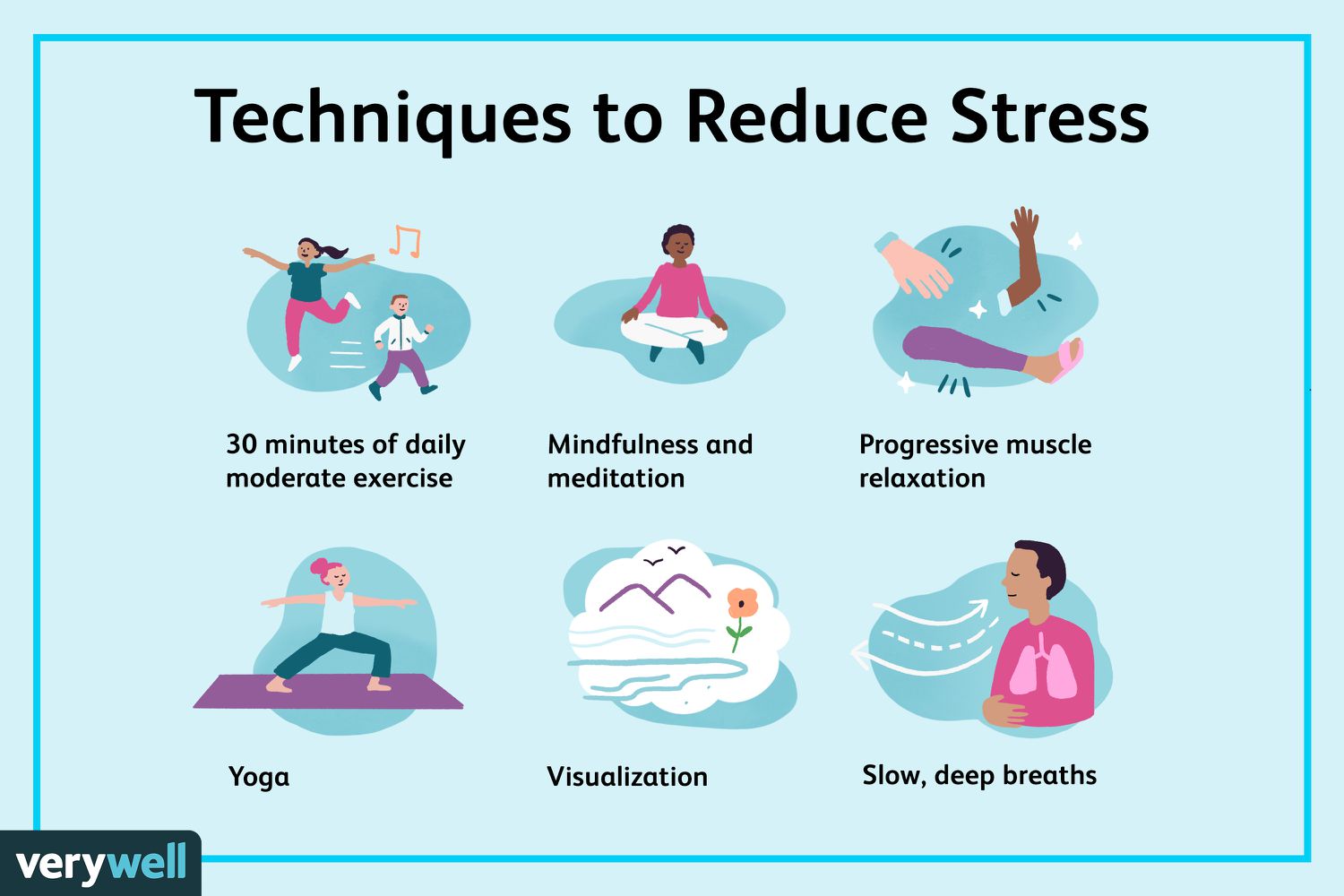Mastering Personal Finance: Essential Tips for Budgeting and Saving
Personal finance management is a cornerstone of financial well-being, yet many individuals struggle to effectively budget and save their money. Whether you’re aiming to build an emergency fund, save for a big purchase, or plan for retirement, mastering the art of budgeting and saving is essential. In this article, we’ll explore some practical tips to help you take control of your finances and achieve your financial goals.
### Understand Your Income and Expenses
The first step in effective budgeting is to understand your income and expenses. Take stock of all sources of income, including salary, bonuses, freelance work, and investment dividends. Then, track your expenses meticulously for at least a month to get a clear picture of where your money is going.
Categorize your expenses into fixed (e.g., rent/mortgage, utilities) and variable (e.g., groceries, entertainment). This breakdown will help you identify areas where you can potentially cut back and allocate more towards savings.
### Create a Realistic Budget
Based on your income and expense analysis, create a realistic budget that aligns with your financial goals. Allocate a portion of your income to essential expenses such as housing, utilities, groceries, and transportation. Then, allocate another portion to discretionary spending on non-essential items like dining out, entertainment, and hobbies.
Set aside a specific amount each month for savings and investments. Aim to save at least 10-20% of your income, if possible, but start with whatever amount is feasible for your current financial situation. Automate your savings by setting up automatic transfers from your checking account to your savings or investment accounts.
### Track Your Spending
Once you’ve established a budget, it’s essential to track your spending regularly to ensure you’re staying on track. Use budgeting tools and apps to monitor your expenses and compare them to your budgeted amounts. This will help you identify any areas of overspending and make adjustments as needed.
Consider using the envelope system, where you allocate cash into separate envelopes for different spending categories. When the cash in a particular envelope runs out, you know you’ve reached your limit for that category, helping you avoid overspending.
### Cut Expenses and Live Below Your Means
Identify areas where you can cut expenses to free up more money for savings and debt repayment. Look for recurring expenses that you can reduce or eliminate, such as subscription services, dining out, or impulse purchases. Negotiate lower rates for bills like cable, internet, or insurance, or consider switching to cheaper alternatives.
Living below your means is a fundamental principle of financial success. It means spending less than you earn and avoiding lifestyle inflation, where increases in income lead to corresponding increases in spending. By keeping your expenses in check and prioritizing savings, you’ll build financial resilience and be better prepared for unexpected expenses or emergencies.
### Build an Emergency Fund
An emergency fund is a crucial component of financial security. Aim to save enough to cover 3-6 months’ worth of living expenses in a liquid savings account. This fund acts as a safety net, providing financial protection in case of job loss, medical emergencies, or unexpected expenses.
Start small if necessary and gradually increase your emergency fund over time. Treat it as a non-negotiable expense in your budget, prioritizing contributions to this fund before allocating money to other discretionary spending categories.
### Set SMART Financial Goals
Setting specific, measurable, achievable, relevant, and time-bound (SMART) financial goals will help keep you motivated and focused on your objectives. Whether it’s saving for a down payment on a house, paying off debt, or building a retirement nest egg, break your goals down into smaller milestones and track your progress regularly.
Celebrate your achievements along the way, but also be prepared to reassess and adjust your goals as your circumstances change. Flexibility is key to staying on course and adapting to life’s inevitable curveballs.
### Conclusion
Mastering personal finance requires discipline, diligence, and a commitment to prioritizing your financial well-being. By understanding your income and expenses, creating a realistic budget, tracking your spending, cutting expenses, living below your means, building an emergency fund, and setting SMART financial goals, you can take control of your finances and work towards a secure and prosperous future.
Remember that financial success is a journey, not a destination. Stay patient, stay focused, and stay committed to the habits and behaviors that will lead you to financial freedom and peace of mind. With dedication and perseverance, you can achieve mastery over your personal finances and create the life you desire.









